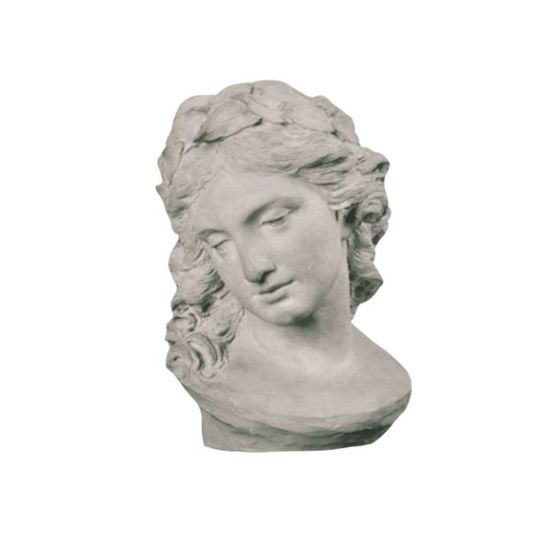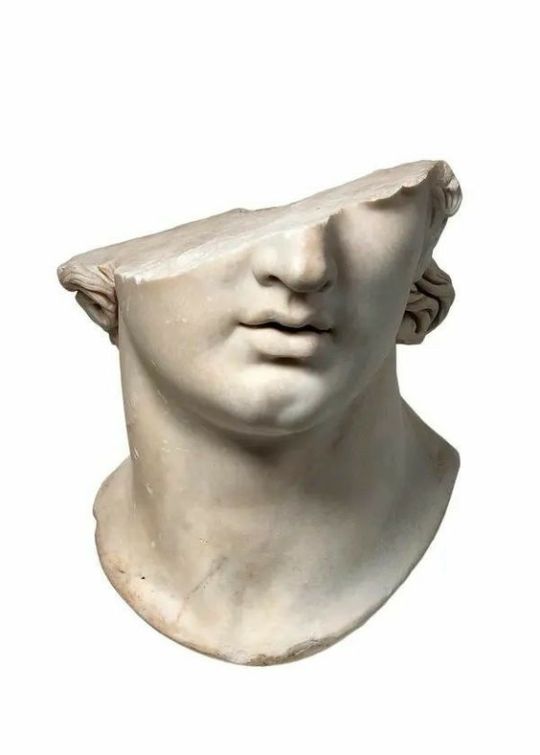Text
"Christ on a cracker" well actually I think you'll find Christ is the cracker. And also the wine. But you wouldn't know that you fucking protestant heathen
82K notes
·
View notes
Text
5K notes
·
View notes
Text
3K notes
·
View notes
Text
15K notes
·
View notes
Text
I have just learned that Mountain Goats are NOT, in fact, actual Goats.
200K notes
·
View notes
Text
18K notes
·
View notes
Text
The look in his eyes is so primal play coded
976 notes
·
View notes
Text
ateez as demigods <3
a/n: i acquired the poca albums for spin off last week, and a picture of yunho reminded me of greek gods, so here we are ! i adore aus like this, so i hope you enjoy a little magic with your ateez thoughts today <333 pics not mine~
content: demigod!ateez, greek mythology au | wc: 0.7k | warnings: none really! | pairing: ateez x gn!reader | requests: open



˚ʚ♡ɞ˚
seonghwa♡‧₊˚
the son of aphrodite
heart-fluttering touches, light reflecting off pearls, soft smiles after unsaid i love you’s
seonghwa cherishes his ability to make roses bloom any time he walks by because he deeply believes there is nothing more important than creating beauty in the world. when you meet him, a light breeze and the faint scent of sea foam envelops you, carrying with it an abundance of calm. when he looks at you, you feel as though you are being seen by the intimate eyes of the one destined to love you for eternity.
hongjoong♡‧₊˚
the son of hades
the smell of an old leather jacket, music in a dive bar, holding on and never letting go
he’s proud of how he can sense the presence of sadness, anger, loneliness, and despair in others, because he possesses an impeccable ability to comfort those trapped in darkness. when you meet hongjoong, the world is quiet, save the sound of his voice saying your name. when he looks at you, you understand the security that comes with unfaltering trust in someone who has never let you down and never will.
yunho♡‧₊˚
the son of apollo
a perfect summer afternoon, gut feelings, waking up from a restful nap
yunho carries the sun wherever he goes, and his mightiest power is warming those who need it most, even when their worlds have frozen over. when you meet him, all the tension in your body falls away, replaced by the satisfaction of a job well done. when yunho looks at you, his glow melts every last worry in your mind, an endless promise to point you in the right direction and follow you wherever you go.
yeosang♡‧₊˚
the son of artemis
intense gazes, secrets revealed by moonlight, the deep green of a forest after rain
yeosang views his capacity to calm the racing hearts of animals and humans alike as a shield against a cruel world. when you meet him, you feel the electricity of the full moon rising in a clear night sky coursing through your body, a never-ending promise of adventure. when he looks at you, you are intoxicated by an incomprehensible mix of bravery and safety. if yeosang is by your side, you are invincible.
san♡‧₊˚
the son of demeter
golden sunlight, cutting fruit for the ones you love, picnics filled with laughter and promises
anything touched by san becomes infinitely sweeter, and he never fails to pick the ripest fruit from the tree. when you meet him, you feel as though you’ve finally caught your breath, even though you can’t remember when or why you started running. when san looks at you, you are filled with delight, giggling like children playing their favorite type of make-believe.
mingi♡‧₊˚
the son of hermes
a familiar voice calling your name in a crowd, handwritten notes, hearing “i missed you”
mingi, though filled with racing thoughts, is confident in his power to say the exact words needed at the most important times. when you meet him, his simple “hello” carries with it a promise to always find you, no matter where you are. when he looks at you, everything you’ve ever wanted to say falls off your lips easily, as though all the right words you couldn’t find before are coming to you at once.
wooyoung♡‧₊˚
the son of dionysus
the taste of honey, skin buzzing with excitement, neon lights flooding city streets
he is eternally grateful for the fact he can lift people’s spirits with just a glance in their direction. when you meet him, you are overwhelmed by the feeling of hearing your favorite song from childhood, a bliss that comes with the innocence of youth. when wooyung looks at you, your heart drums inside your chest as though you’ve been dancing for hours, but you somehow still have the energy to dance again and again and again.
jongho♡‧₊˚
the son of athena
freshly brewed coffee, pages turning in a nearly empty library, footsteps on marble floors
he can settle any argument, not through stubbornness, but with an unflinching ability to determine the most equal compromise for all parties involved. when you meet jongho, the question that had been weighing on your mind for ages was finally answered. when jongho looks at you, you feel an unbreakable self-confidence, grounded in a way you never dreamt of before you knew him.
˚ʚ♡ɞ˚
262 notes
·
View notes
Text
Calling him Daddy isn’t enough anymore. Gonna start calling him Master or God.





138 notes
·
View notes
Photo

If you see this on your dashboard, reblog this, NO MATTER WHAT and all your dreams and wishes will come true.
192K notes
·
View notes
Text
Accidentally opened twitter and that was the moment my death warrant was signed


513 notes
·
View notes









